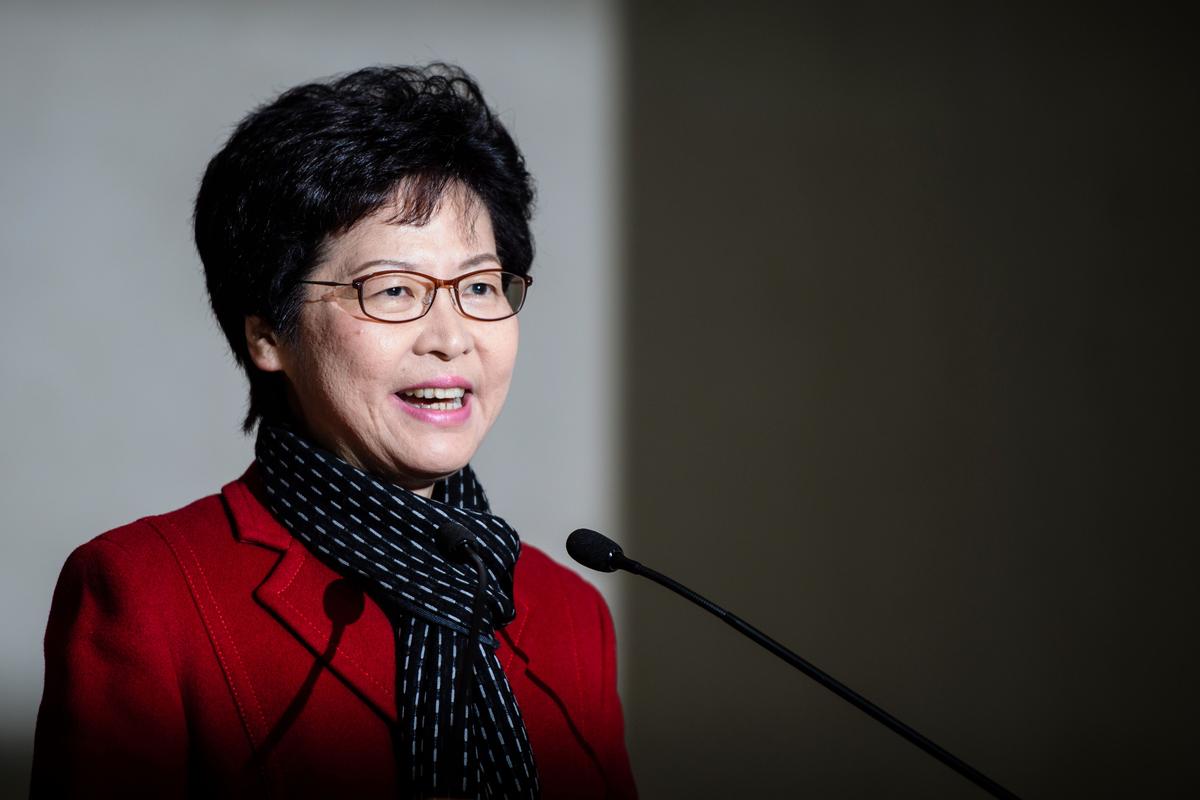Official speeches by Chinese officials are sleep-inducing stuff—until you get past the obligatory Communist Party rhetorical verbiage and sift out the new content.
At first glance, Chinese leader Xi Jinping’s final speech at the end of his three-day Hong Kong visit, marking the 20th anniversary of the former British colony’s return to mainland China, bodes ill for Hongkongers—especially in light of inflammatory comments made a day earlier by the Chinese Foreign Ministry.
Ministry spokesman Lu Kang declared that the 1984 Sino–British handover treaty was merely a “historical document” that “no longer has any realistic meaning,” which elicited responses from the United Kingdom, the European Union, and the United States.
On July 1, the anniversary of the handover, Xi said that “any attempt to endanger China’s sovereignty and security, challenge the power of the central government,” and to “use Hong Kong to carry out infiltration and sabotage against the mainland” would “cross the red line and is absolutely impermissible.”
He added that “making everything political or deliberately creating differences and provoking confrontation” is no way to solve problems and “can only severely hinder Hong Kong’s economic and social development.”
Xi’s talk of needing to go tough on infiltration and sabotage recalls the Chinese regime’s efforts to get Hong Kong lawmakers to enact Article 23, anti-subversion legislation that observers argued would target free speech and groups suppressed by the communist regime. Over half a million Hongkongers protested a 2003 proposal to pass the controversial bill, and the city’s residents have held out ever since.
New Hong Kong leader Carrie Lam might decide to try to push through Article 23, but exactly whom Xi is really addressing in his speech is open to interpretation.





